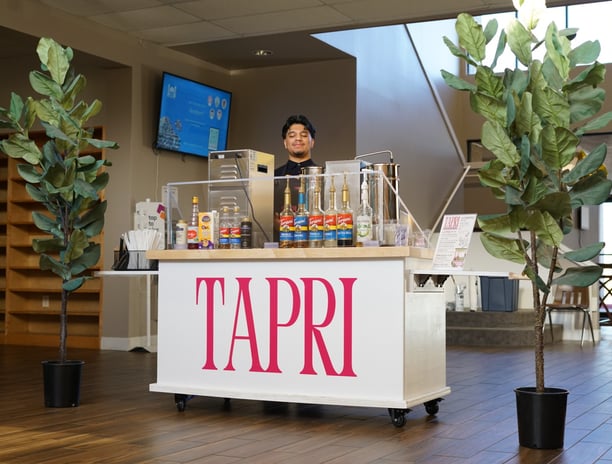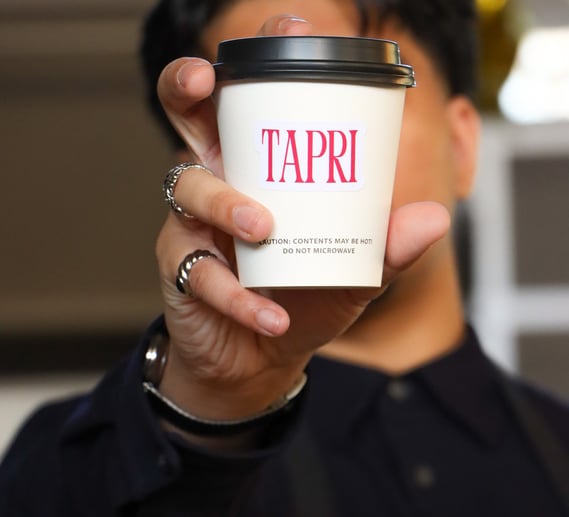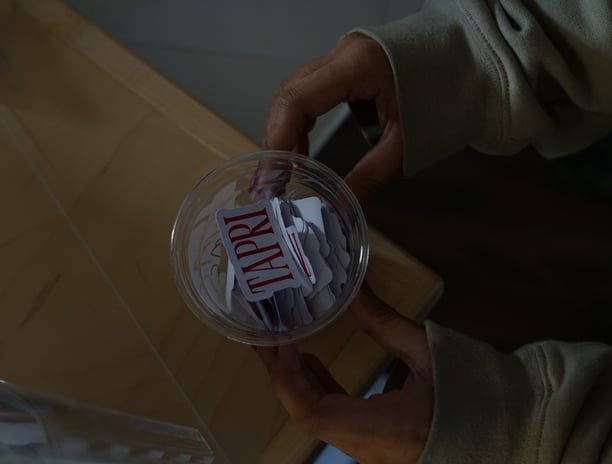TAPRI
Book our coffee cart for events and pop-ups in Texas and Beyond
Ethically sourced from SOUTH INDIA
★★★★★
TAPRI is a casual South Asian themed coffee cart based in Texas, designed to offer a unique blend of Indian filter Coffee, Chai and Specialty Lattes. Our mission is to create a welcoming atmosphere that promotes community, quality, and authenticity. We serve traditional beverages with a modern twist, creating a comfortable environment for you to enjoy and connect.


Our Services
Explore our unique coffee cart services for events and pop-ups in Dallas-Fort Worth.


Event Coffee Catering
Delicious Indian origin coffee served at your events for a memorable experience.
Pop-Up Experiences
Join us for exciting pop-up events featuring specialty coffee and vibrant atmosphere.
Custom Bookings
Book our coffee cart for personalized events tailored to your specific needs.
By the combination of a little chicory with coffee the flavour of the coffee is not destroyed, but there is added to the infusion a richness of flavour, and a depth of colour — a body, which renders it to very many people much more welcome as a beverage.
— Charles Dickens
The coffee from Tapri is exceptional! Perfect for events and pop-ups, truly a unique experience.
Fazil Hussain


★★★★★
